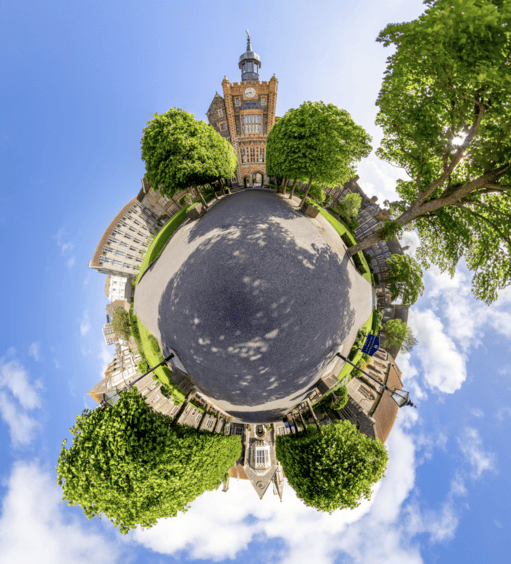Come inside and take a look around Brighton College, where you can explore our incredible spaces and world-class facilities – all at the touch of a button.

We are thrilled that Brighton College has been awarded the prestigious title of School of the Decade by The Sunday Times. In their Independent Schools Guide, widely acknowledged as the most authoritative survey of the top schools in the country, they name the College as “one of the hottest tickets in independent education.”

School of the Decade
United Kingdom

UK Head of the Year
Tatler School Awards

Top Co-Educational School in the UK
Parent Power Schools Guide

UK Boarding School of the Year
Parent Power Schools Guide

Top School of the Year for A-levels
Parent Power Schools Guide

Top School in Britain for STEM
UK Education Awards

Prep School of the Year
Independent Schools of the Year Awards

Best Public School
Tatler Schools Awards

EYFS Setting of the Year
School Awards

School of the Year
Spear's Awards

Best School in the UK for Outdoor Learning
Education Awards

Independent School of the Year
England



